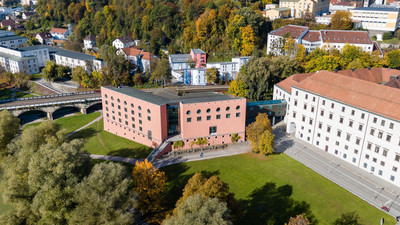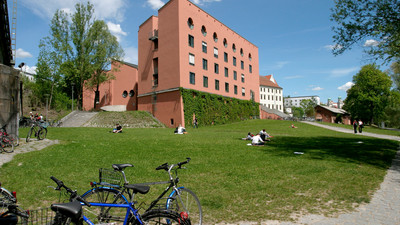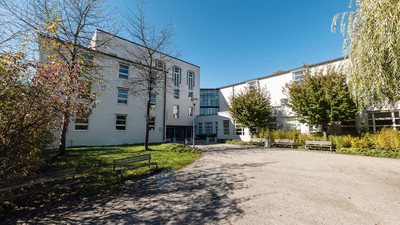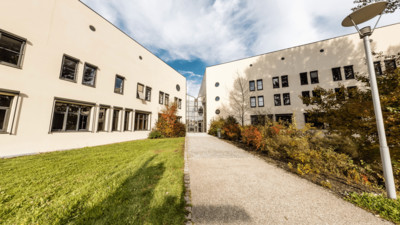Households in rural areas depend on informal transfers to meet subsistence needs and cope with shocks. Yet, to provide monetary support, formal safety nets are increasingly being introduced in developing countries. However, it remains unclear whether such social-protection policies will have the desired redistributive welfare effects. This article addresses this question from an ex ante perspective by analyzing the private-transfer response to changes in the income of rural recipients in Burkina Faso. The authors use novel dyadic household panel data from two periods that offers information on both recipient and sender incomes. This allows us to address the endogeneity concerns that other studies have thus far not been able to account for.










